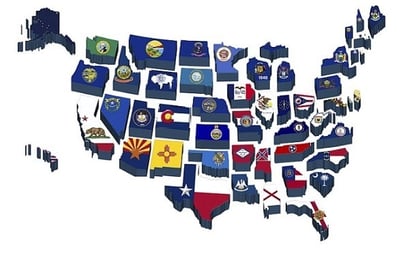A new law in Oklahoma could keep health insurers in the state from paying health care providers solely with credit cards.
Oklahoma Gov. Kevin Stitt has signed a bill, House Bill 1157, that prohibits credit-card-only payment requirements. HB 1157 passed unanimously in both the Oklahoma House and the state Senate.
Beginning in 2020, under the terms of the new law, health insurers and health maintenance organizations must offer health care providers, such as doctors and dentists, a choice of reimbursement options. Those options could include, but aren’t restricted to, credit card payment arrangements.
(Related: 10 Top States for High Earner Obesity)
In the bill, credit card payments are defined as an electronic transfer of funds in which the health insurance entity issues a single-use series of numbers that reimburse the health care provider’s fee. The health care provider is then responsible for processing the payment through a credit card terminal or Internet portal.
If a health insurer and health care provider agrees to an electronic transfer of funds, the insurer is required to inform the provider of any fees associated with the payment. Additionally, the health insurer is prohibited from charging a fee simply for processing a payment made through the Automated Clearing House Network unless the health care providers has agreed to the fee.
A health insurance plan cannot write a contract that exempts it from this provision. Violators will be penalized by the state’s insurance commission, under the terms of the new law.









 July 11, 2019 at 01:00 PM
July 11, 2019 at 01:00 PM











